Be Ready To Roll: Car Maintenance Before A Hurricane
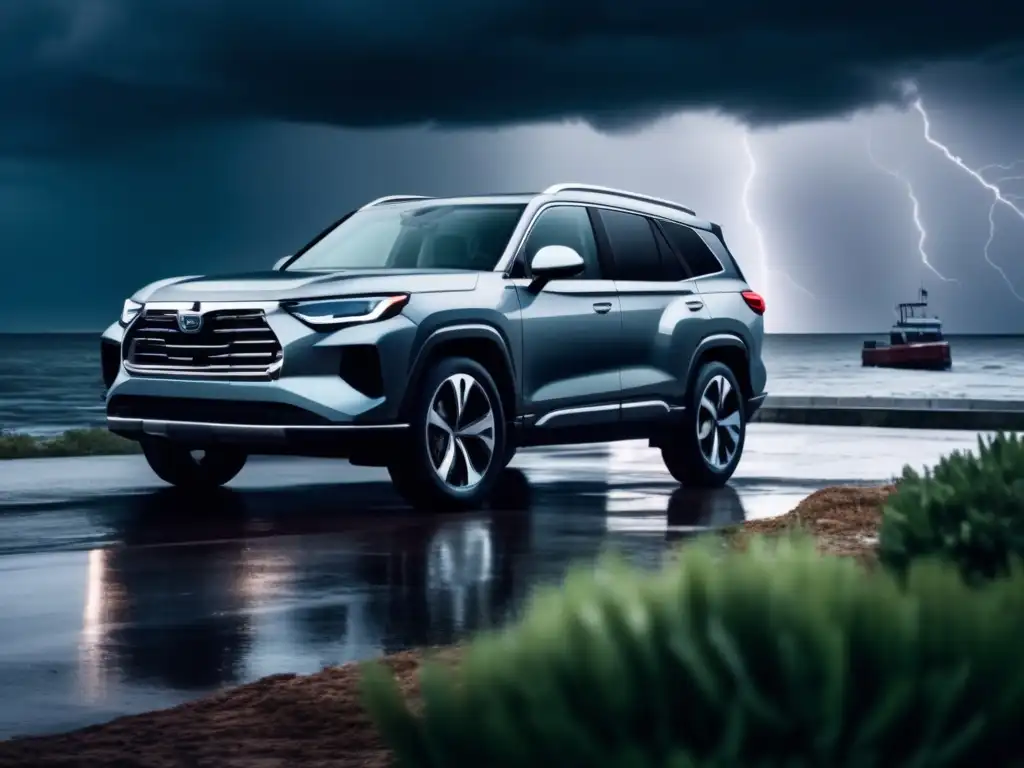
Be Ready to Roll: Car Maintenance Before a Hurricane
Introduction
As hurricane season approaches, it's vital to prepare for possible disasters. Although it's essential to secure your home and belongings, your car should also be a part of this preparation process. If you live in an area prone to hurricanes, it's crucial to consider how your car will weather the storm. Neighboring hazards such as flooding, falling branches, and debris can pose a threat to vehicles. Therefore, getting your vehicle hurricane-ready is just as important as preparing your home.
In the following sections, we will discuss essential car maintenance tips to help you prepare for a possible hurricane. From fueling up to checking the brakes, we'll cover everything you need to know about getting your vehicle ready should a hurricane strike.
Fuel Up
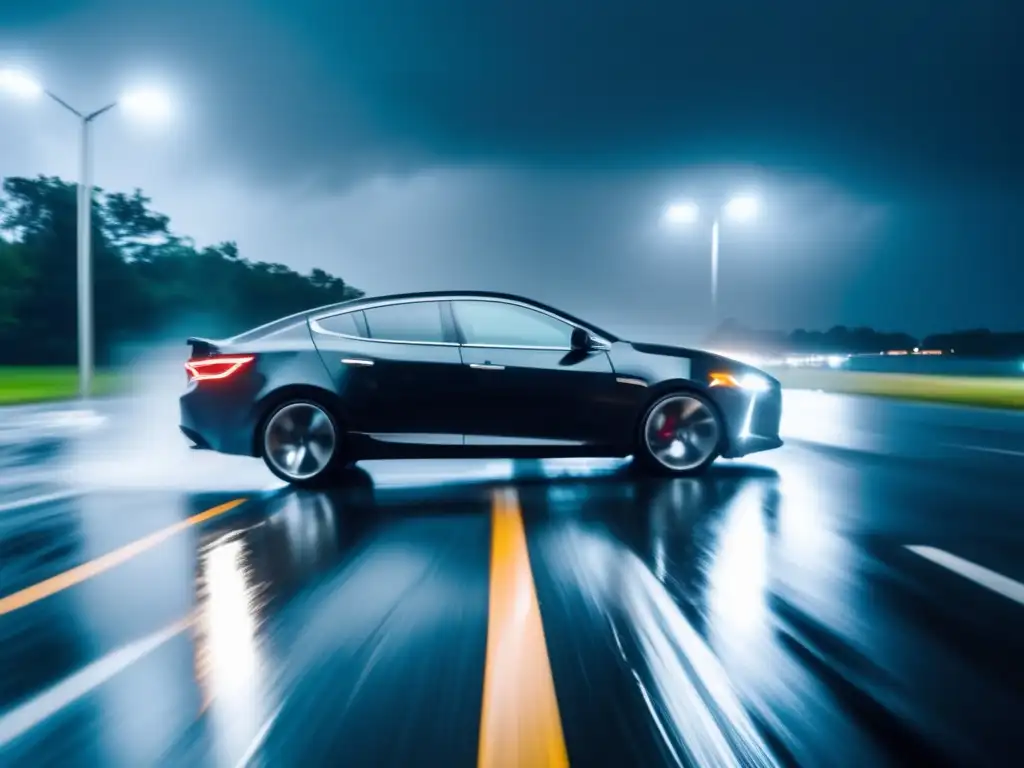
During natural disasters, gas stations can experience heavy traffic and long wait times. Therefore, it's essential to keep your vehicle's fuel tank full before a hurricane hits. A full tank of gas will ensure that you have enough fuel to evacuate or run a generator if necessary. Additionally, if power lines or electric fuel pumps are down, you'll need a full tank of gas to get around.
After fueling up, it's crucial to ensure that your fuel filter is clean. A clogged fuel filter can reduce your car's performance, resulting in decreased fuel efficiency. A dirty or clogged fuel filter may also cause stalling or engine damage if left unattended. Therefore, before a hurricane arrives, it's crucial to replace your fuel filter if needed.
When a hurricane hits, gas stations may run out of fuel or shut down due to power outages. Therefore, it's wise to have an emergency gas can in your vehicle. A five-gallon gas can may be enough to keep your vehicle running for a few days.
Tires and Brakes
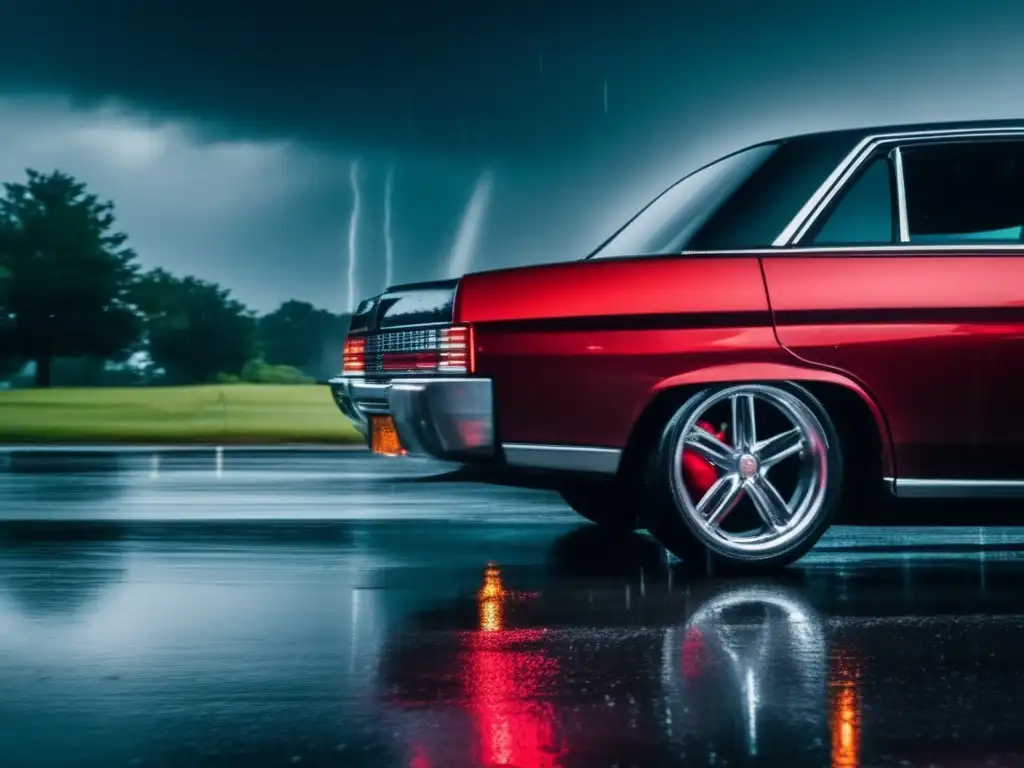
In the event of a hurricane, you may need to drive in wet or flooded conditions. Therefore, it's essential to have well-maintained tires that provide adequate traction. Also, braking power is critical in emergency situations, so it's vital to ensure that your brakes are working correctly.
Before a hurricane, check your tire pressure, tread depth, and overall condition. Properly inflated tires with sufficient tread will help prevent hydroplaning and skidding on wet roads. If your tire tread is low, replace your tires before the storm arrives. Driving on worn tires in wet conditions can lead to loss of control or accidents.
Make sure your brakes are in good condition before a hurricane strikes. Check the brake fluid level, and if it's low, refill it with the manufacturer-recommended brake fluid. Additionally, if your brakes make unusual noises or feel spongy, it's time to get them inspected by a professional. Brakes that are not working correctly can cause accidents, especially during storms or emergencies.
Fluids and Electrical Systems

Hurricane conditions such as high winds and heavy rainfall can cause damage to your car's electrical systems. Therefore, it's essential to protect your vehicle's electrical systems from the storm.
Check your vehicle's fluid levels, including oil, coolant, brake, and transmission fluid. Low fluid levels can cause significant damage to your car's engine or transmission. Top off any fluids that are low and ensure they're not leaking.
Hurricane conditions such as high winds and heavy rainfall can cause significant damage to your car's electrical systems. To prevent any potential damage, it's wise to wrap your car's electronic components with plastic bags and tape.
Secure Your Vehicle
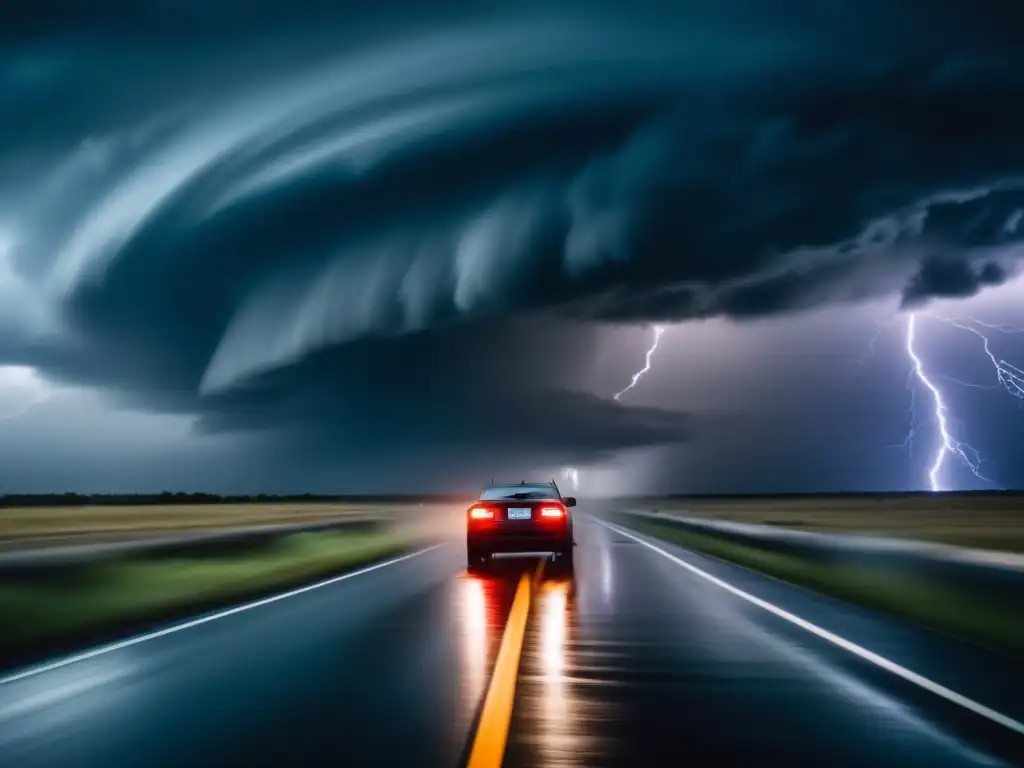
During a hurricane, debris or heavy winds can damage or move your vehicle, causing further damage to neighboring properties. Therefore, it's essential to make sure that your parked vehicle is secure before the storm hits.
If you're in a designated evacuation zone, you'll need to park your car in a safe spot. Check with local authorities for available parking or shelter locations. If you stay at home, park your car in a garage or another protected location away from trees or anything that could fall on your car during the storm.
It's crucial to avoid parking in low-lying areas or near flood zones. During a hurricane, flooding can occur quickly, leaving your car trapped in water. Parking on high ground or in elevated areas prevents this from happening.
Frequently Asked Questions
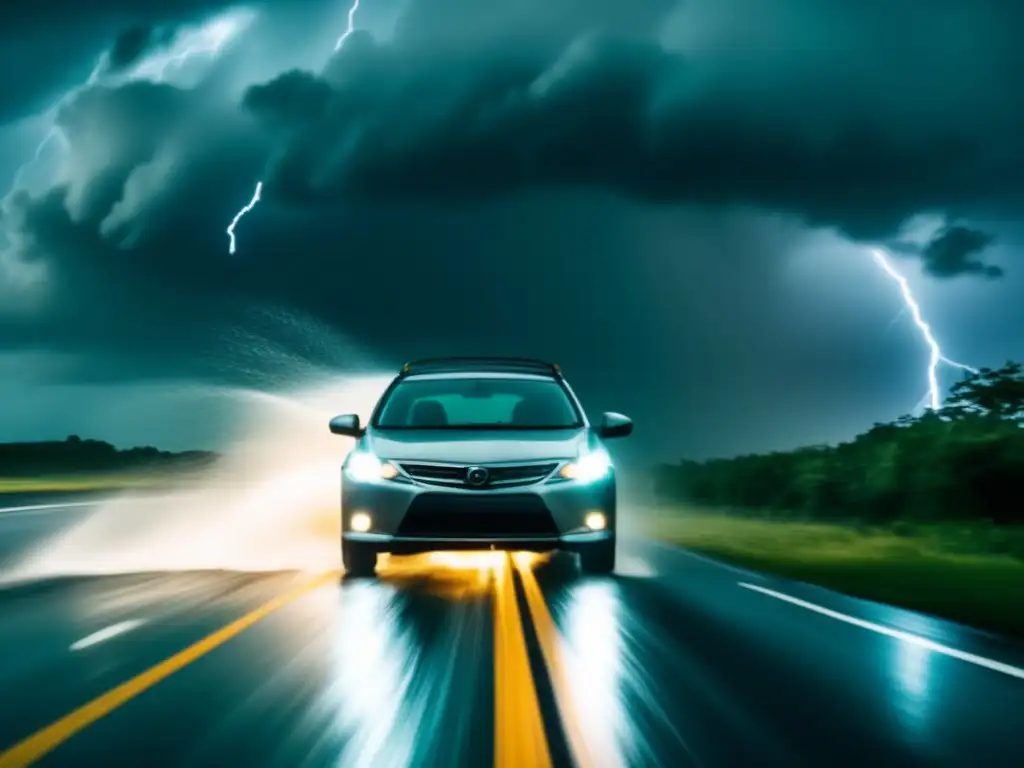
-
Should I fill up my gas tank before a hurricane?
Yes, it's vital to keep your vehicle's fuel tank full before a hurricane hits. A full tank of gas will ensure that you have enough fuel to evacuate or run a generator if necessary.
-
Why should I check my car's tires before a hurricane?
Well-maintained tires with sufficient tread will help prevent hydroplaning and skidding on wet roads. Additionally, driving on worn tires in wet conditions can lead to accidents.
-
How can I protect my car's electrical systems from a hurricane?
Wrap your car's electronic components with plastic bags and tape to protect them from high winds and heavy rainfall during a hurricane.
-
What should I do if my car is damaged during a hurricane?
You should contact your insurance company as soon as possible. Take pictures and document any damage to your car, and keep receipts for repairs.
-
Why is it crucial to secure your vehicle during a hurricane?
If your vehicle is not secure, it could damage neighboring properties or become unsafe to use later on. Therefore, it's essential to make sure that your parked vehicle is secure before the storm hits.
Conclusion
Preparing your car for a hurricane can help avoid further damage to your property and provide peace of mind during a disaster. In summary, always fuel up your car before the storm, check your tires and brakes, inspect your fluid levels, protect your electrical systems, and secure your vehicle. These tips are vital to ensure that you're ready to roll out of harm's way should a hurricane threaten your area.
Remember, being prepared is key to staying safe during natural disasters like hurricanes. Follow these guidelines, and you'll be able to weather the storm without worrying about your vehicle. Stay safe, and always prioritize your safety, your family's safety, and your community's safety.
Additional Resources

To learn more about hurricane preparedness, please check out Ready.gov and National Hurricane Center. Additionally, if you have any questions or concerns, please don't hesitate to contact your local authorities.
 Water Purification Straws
Water Purification Straws DIY Home Inspection: Looking For Vulnerabilities Before A Hurricane
DIY Home Inspection: Looking For Vulnerabilities Before A Hurricane Reusable Water Bottles
Reusable Water BottlesIf you want to discover more articles similar to Be Ready To Roll: Car Maintenance Before A Hurricane, you can visit the Hurricane preparedness: category.
Leave a Reply

Articulos relacionados: